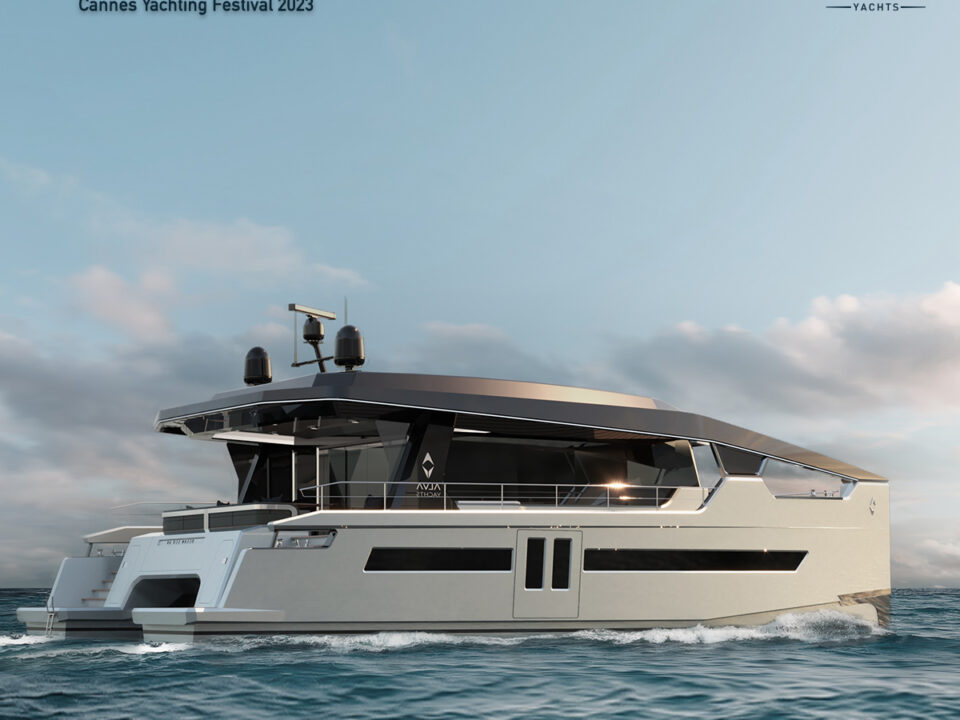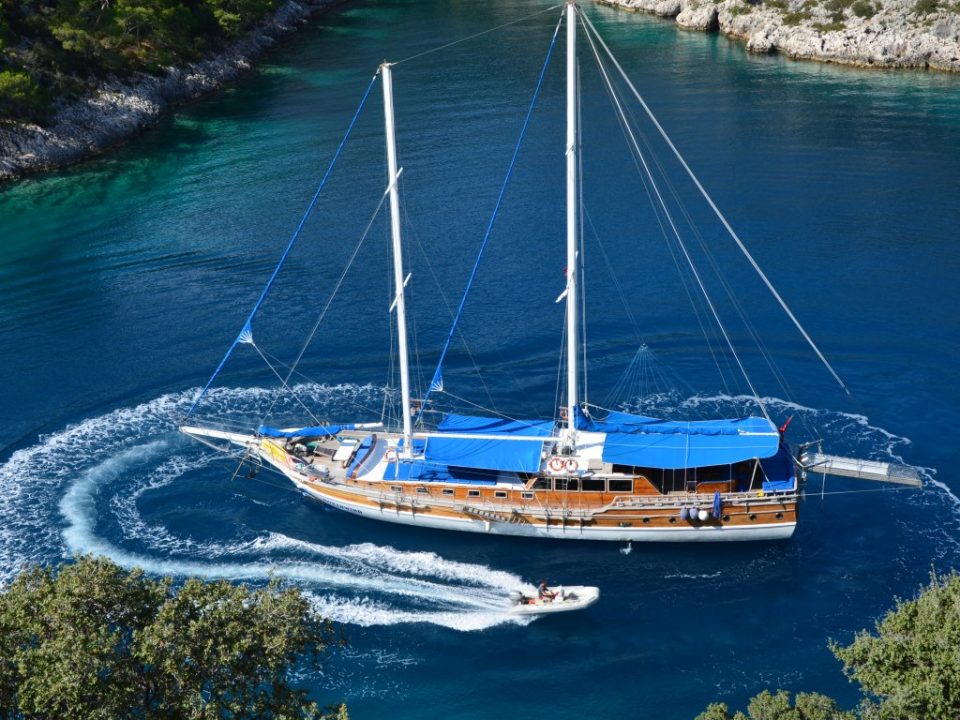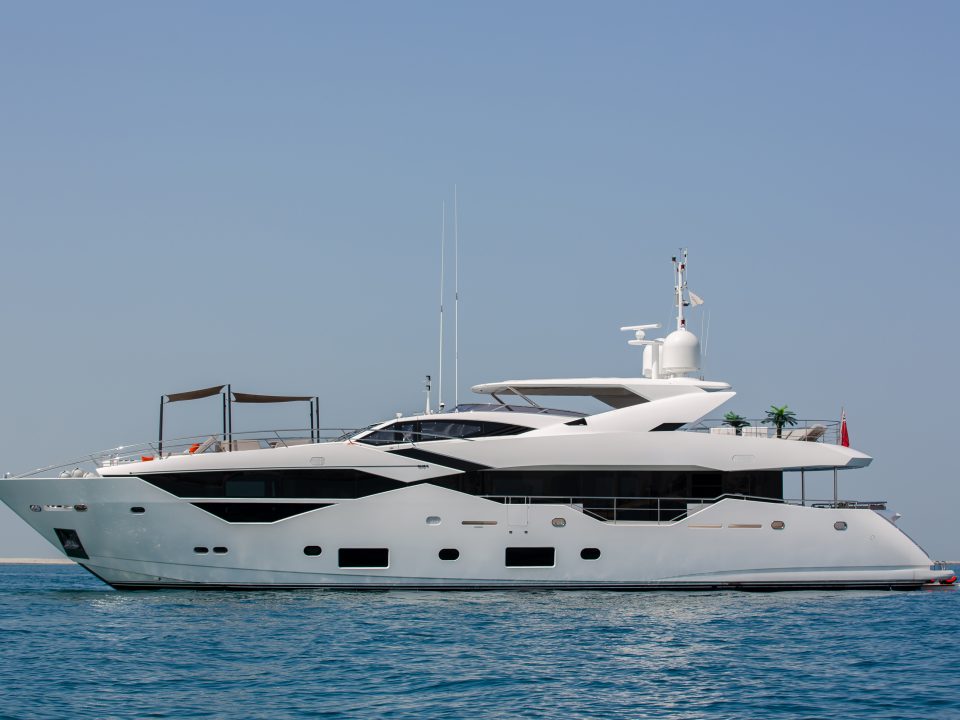- MBC Yachts - Management | Brokerage | Charter
- +971 4 440 3038
- +971 50 890 5500
- info@mbcyachts.com
Avoiding Worst Yachting Practices


Worst Yachting Practices that are Bad for the Environment
Here are four ways the luxury boating industry is impacting the environment and how it can be minimized.
Oil and gas pollution
Most recreational luxury yachts lead to oil and gas pollution in the water. Even when you are not leaking oil or gas, an improperly maintained engine can still lead to oil and gas pollution. A dysfunctional engine can cause engine leaks into the ocean while you are motoring or even if your boat is moored and stationary. In addition to oil spillages, motors can even dump all non-burned fuel into the water. Depending on your engine, between 20-30% of non-burned fuel ends up in the water. While it may not sound much, these small oil spillages add up to significantly harmful amounts. To prevent this from happening, try to clean up any oil spillages on board before they leak down into the sea. In addition, be sure to dispose of all used oil filters correctly. Also, make sure that your extra fuel tanks are properly closed and not brimming over. If you notice any oil and gas spillages, report them to the concerned authorities so that they may decide on the best course of action.
Carbon Dioxide Emissions
Yachts and shipping vessels are one of the biggest contributors of CO2 emissions in the air. Since these emissions are released out at sea, they are often overlooked and ignored. However, these emissions are highly detrimental to marine life as well as people living near the sea. Yachts can minimize carbon emissions by leveraging the most up-and-coming technology in yachting, such as emission-free yachting, as well as travel at reduced speeds to burn fuel less aggressively. Also, make sure that your engine is well-maintained and that you are not traveling at top speed. Last but not the least, instead of relying on toxic crude oil and heavy fuel, you should switch to more environmentally friendly sources of energy, such as sun and wind.
Cleaning Agents and Chemicals
It is understandable that you want to keep your yacht in a pristine, flawless condition to ensure a smooth and enjoyable yachting tour, but did you know that most cleaning solutions and chemicals pollute the water? For instance, most detergents these days include solvents, strong acids, as well as oil spill disbursers, while hull paints contain toxic metals that are downright poisonous for marine life. Similarly, anti-freeze chemicals can leak into the sea and pollute the water. While the use of these products is inevitable, it is important to make sure that you use environmentally friendly alternatives to lessen their impact. Be sure to check the label and the ingredients listed before choosing your cleaning agents. Also, avoid anti-fouling paint as much as possible and instead use regular paint/wax. Regularly waxing the fiberglass prevents grime buildup, alleviating the need to clean up while out at sea.
Noise Pollution
Noise pollution isn’t just a nuisance. Out at sea, this form of pollution can prove to be harmful to fish and other marine life. Noise pollution interferes in the communication between marine animals, which can impact how they mate, scourge for food, and even stay safe from predators. Excessive noise pollution can drive away sea animals, and dislocate them from their habitat and make them more susceptible to predators. To keep noise pollution down to a minimum, try to cruise at low speeds. Regularly maintaining your engines also work since an improperly-working engine makes more noise. However, the best way to eliminate this issue is to switch to hybrid yachts like the ones designed by Alva yachts that promise noise-free cruising.


